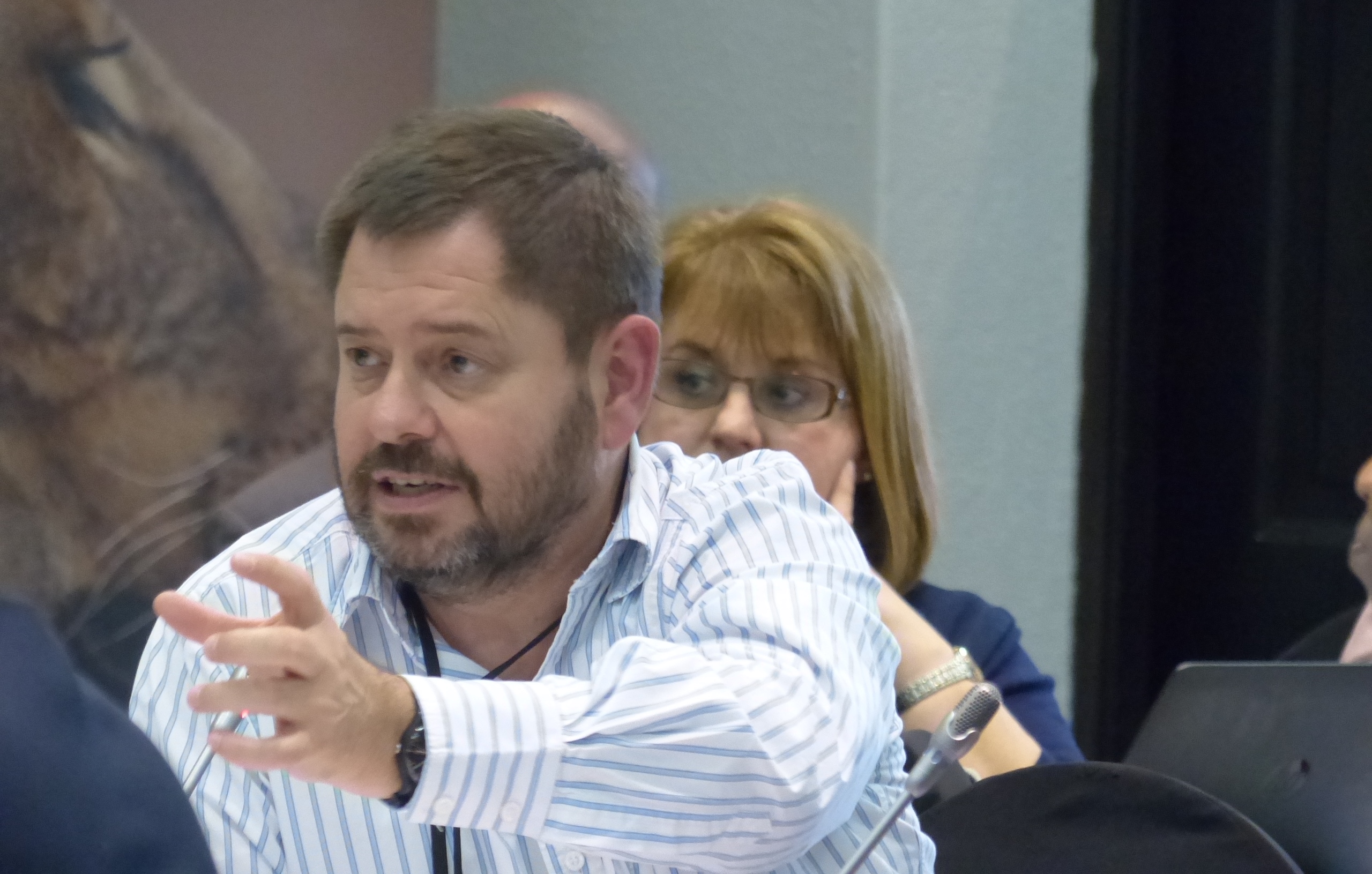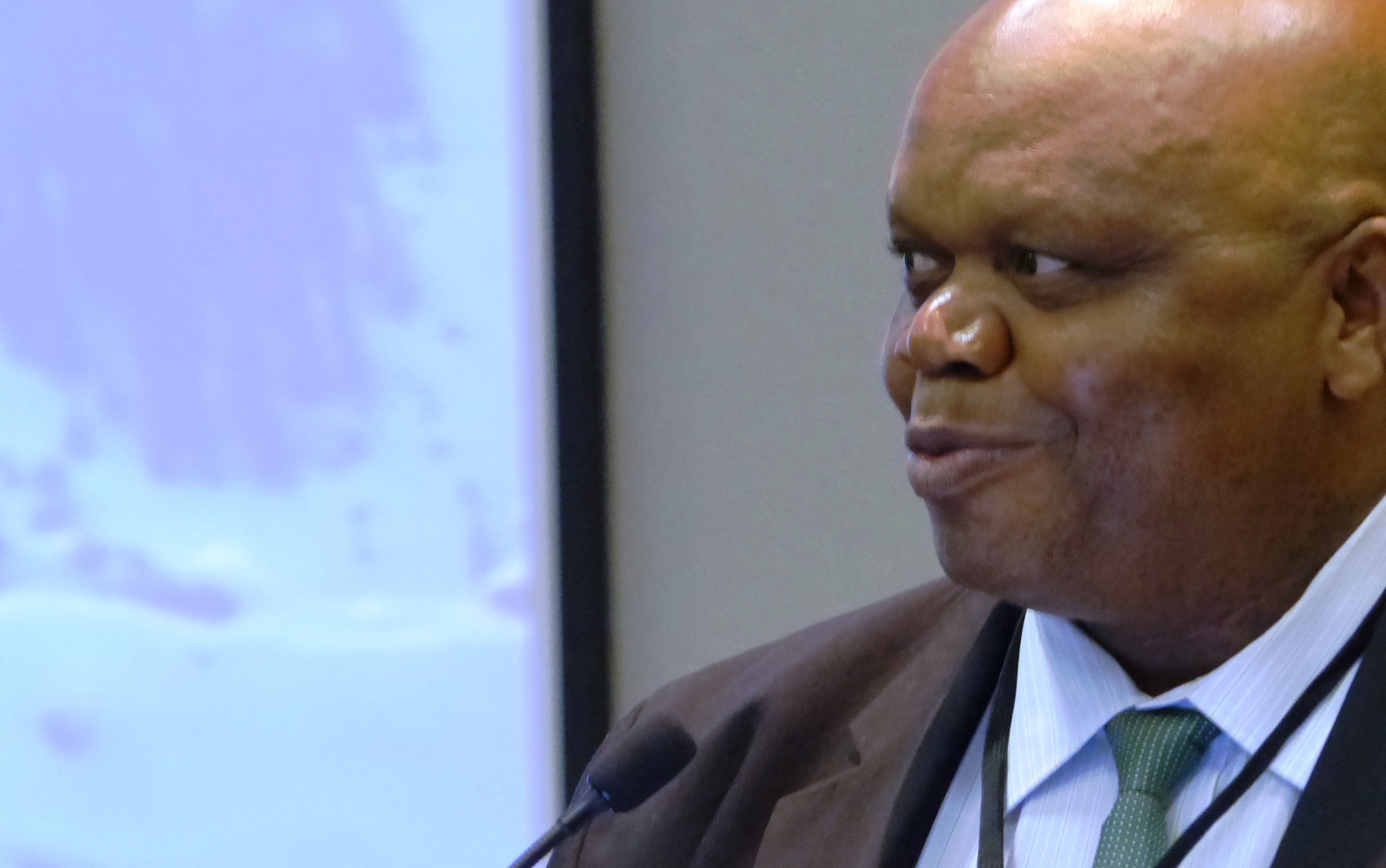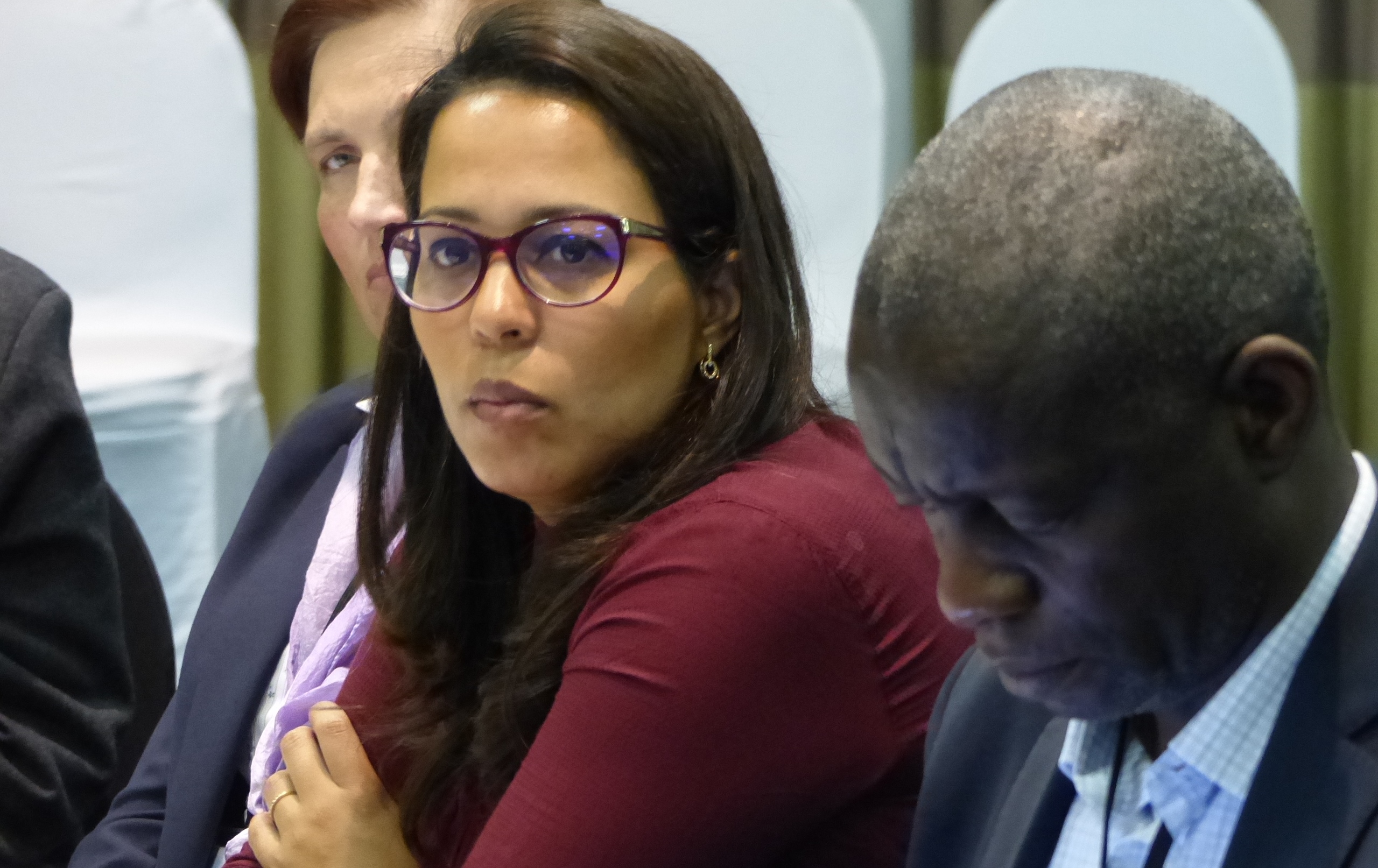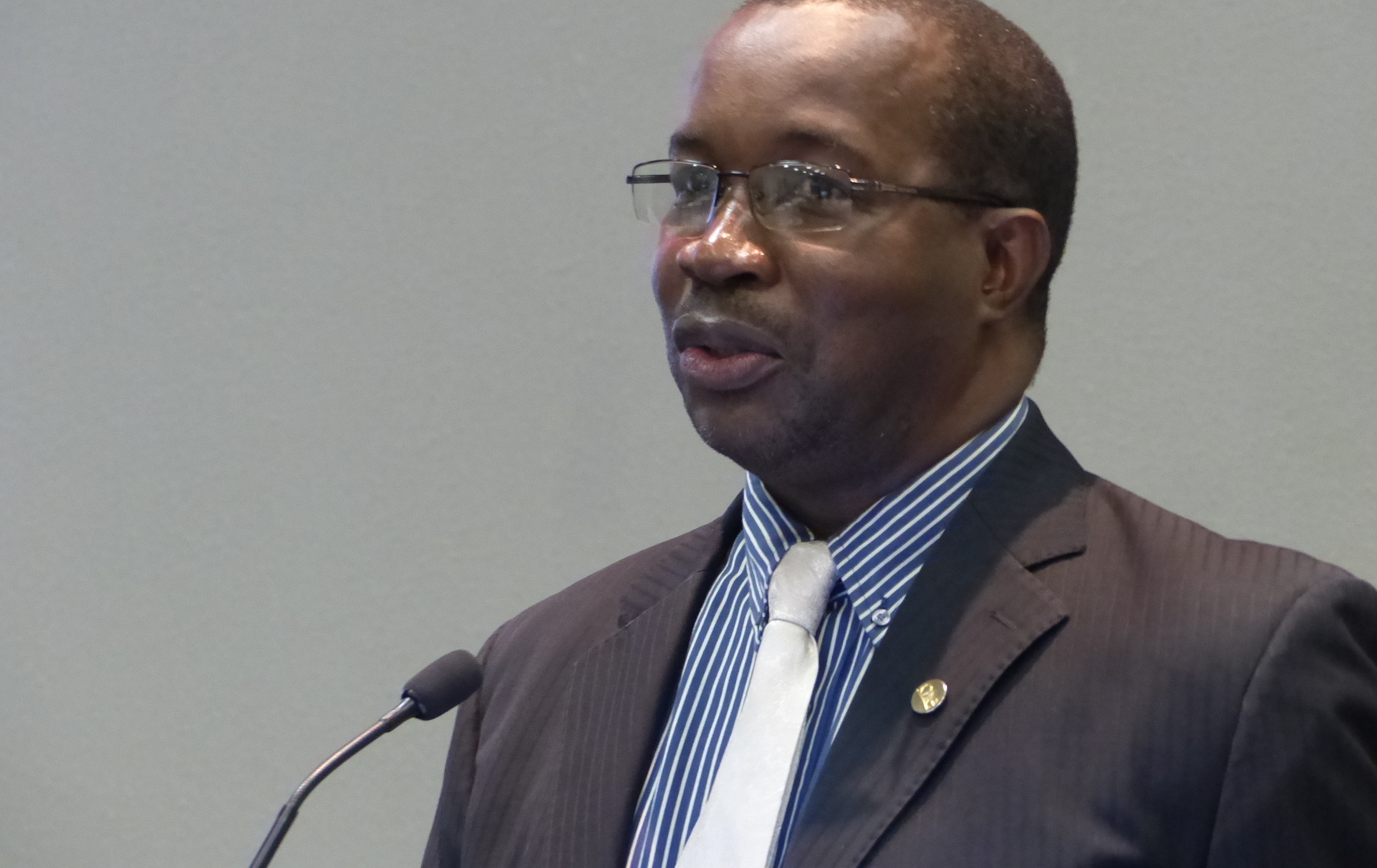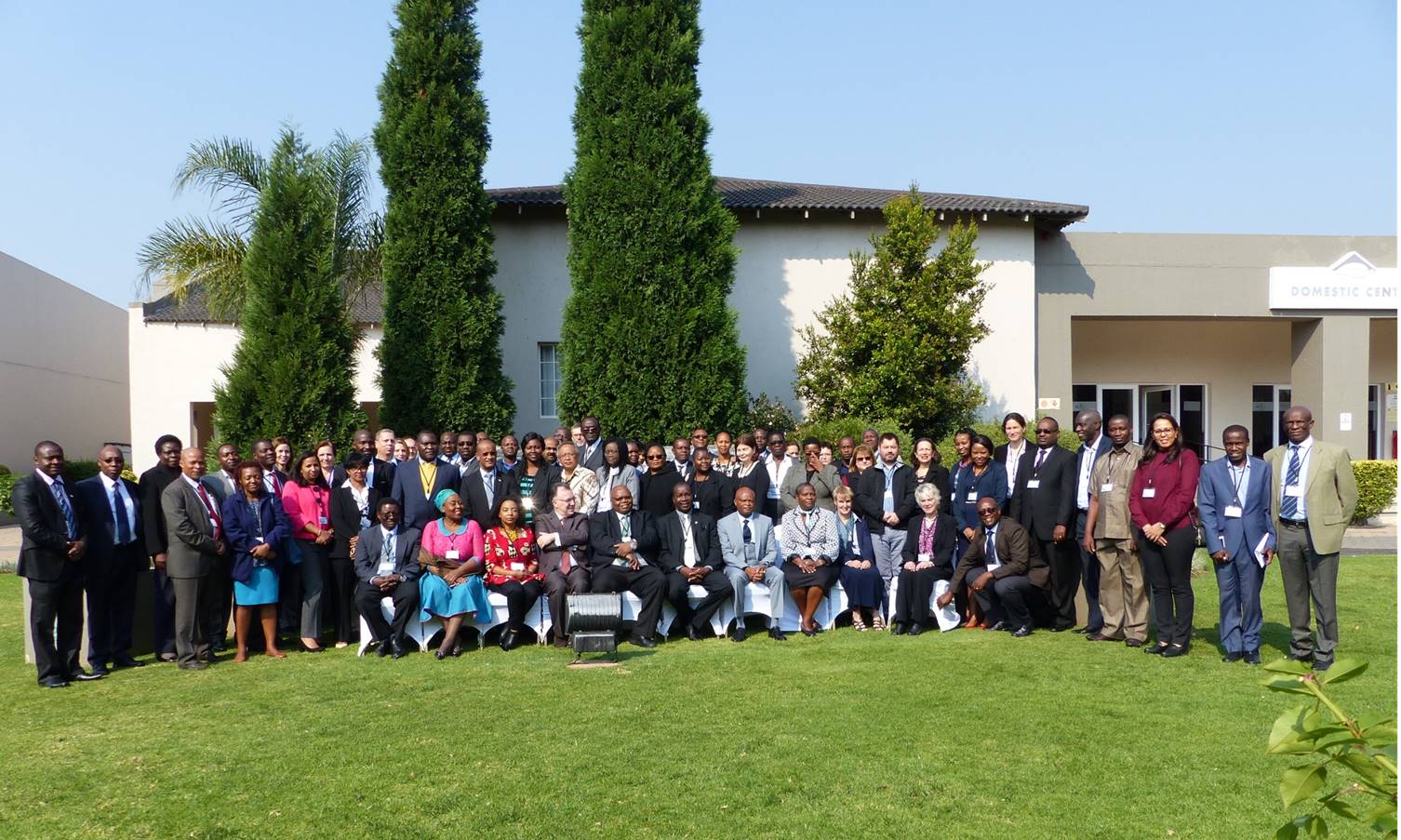
Botlhe Michael Modisane, President of the OIE, OIE Delegate and Chief Director of Animal Health and Production DAFF South Africa.
In a globalising world where clusters of countries increasingly face the same challenges and seek closer cooperation to deal with these issues together, great gains can be made by harmonising approaches to problem solving and avoiding duplication of efforts among countries in the same region.
One such area is the registration of veterinary medicines, resulting in the granting of marketing authorisations. Whether for use in man or in animals, no product may enter the market for sale, supply or use without being approved by a regulatory authority, which certifies that the product is of good quality, safe, efficacious and fit-for-purpose.
One of the many challenges faced by countries in Africa is the scourge of fake and sub-standard medicines, of which the illicit trade and use is in part facilitated by the lack of border-inspections, but also by the lack of well-performing testing facilities in importing countries, capable of detecting such fake or poor quality (e.g. lower dosage) drugs. As regional economic communities increasingly promote free-trade areas and customs unions to promote the free and affordable transit of goods and services, this creates opportunities to make considerable economies of scale and improve product control, quality and traceability.
This is accomplished by harmonising procedures for granting a marketing authorisation and protocols for the marketing of human or veterinary medicinal products – including drugs and vaccines -at regional level.
These approaches towards harmonisation of registration/authorisation procedures and, subsequently, mutual recognition of registrations by other member countries of the same region, were the focus of a three day stakeholder workshop organised in Johannesburg, South Africa from May 9 to 11, 2017.
Hosted jointly by the Global Alliance for Livestock Veterinary Medicines (GALVmed) and the World Organisation for Animal Health (OIE) under the auspices of the South African Department of Agriculture, Forestry and Fisheries (DAFF), representatives from 14 out of the 15 Member Countries of the Southern African Development Community (SADC) and the SADC Secretariat, sat down to discuss what could be done in the region to achieve the following goal: more quality veterinary medicinal products registered and marketed throughout the region through an efficient, timely, consistent process instead of having,–in theory- 15 national registration procedures in as many countries.
Participants were drawn from the Member States’ government Veterinary Services, government Regulatory Agencies or Authorities, mandated to grant marketing authorisations for human health and/or animal health products (and sometimes also plant health products) and the pharmaceutical sector.
Lamya Rafi, MCI, Morocco.
Lessons were drawn from progress made in other regions, such as the West African Economic and Monetary Union (WAEMU) and the East African Community (EAC), and in other sectors, such as public health, through initiatives such as Zazibona (a SADC-wide process for human medicines) and AVAREF (an African-wide human vaccine regulatory forum).
With the support of international and African experts from GALVmed, the OIE, the African Union’s Pan-African Veterinary Vaccines Centre (AU-PANVAC), Inter-african Bureau for Animal Resources (AU-IBAR) and many more, SADC Member States and the SADC Secretariat made progress towards implementing a long-overdue process on harmonisation of Member States’ national legislation for alignment with the 2011 SADC Guidelines for the Regulation of Veterinary Drugs in SADC Member States, a prerequisite to considering regional Mutual Recognition Procedures (MRP).
The meeting concluded with actionable recommendations which included the setting up of a joint technical working group (TWG) with representation from National Veterinary Services, National Regulatory Authorities (NRA), private sector and other experts. It was proposed that the TWG would be under the auspices of the SADC Secretariat and would lead the delivery of the first tangible outcomes. Representatives present from countries where no National Regulatory Authorities (NRA) exist pledged to work towards establishing these while those with NRAs pledged to review their registration procedures to be aligned with the SADC Guidelines. It was also widely accepted that the SADC Guidelines needed to be reviewed and provide more detailed explanations of the registration requirements; it is expected that this would be one of the tasks delivered through the proposed TWG.
Moetapele Letshwenyo, OIE Representative (Southern Africa)
The workshop was made possible by the generous support of the European Union (through OIE and AU-IBAR), the Bill & Melinda Gates Foundation and and the UK Government (through GALVmed), as well as the Government of the Republic of South Africa and private sector stakeholders.
Group photograph. Picture © P. Bastiaensen (oie) 2017.
All pictures © P. Bastiaensen (oie) 2017, unless mentioned otherwise
